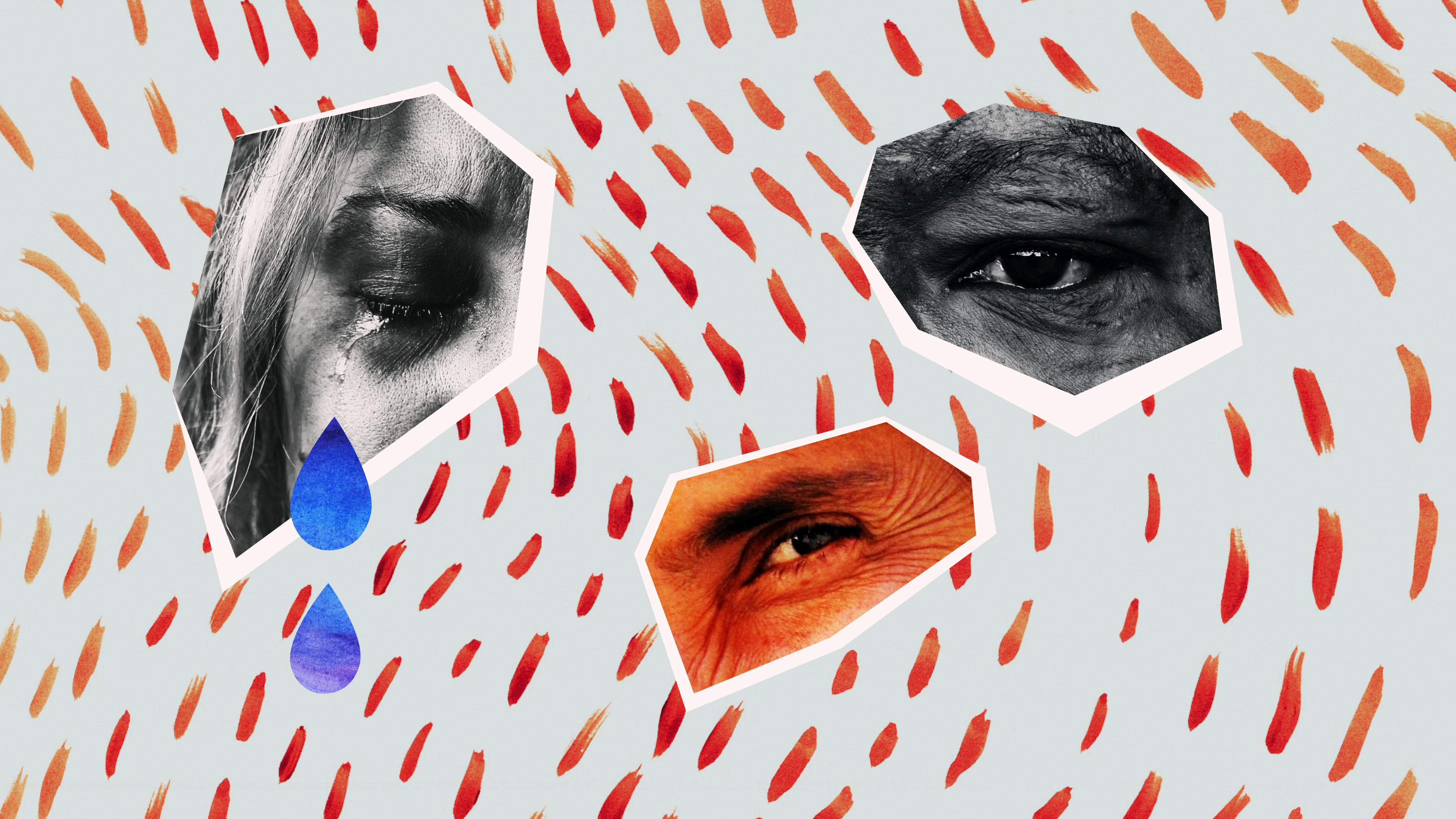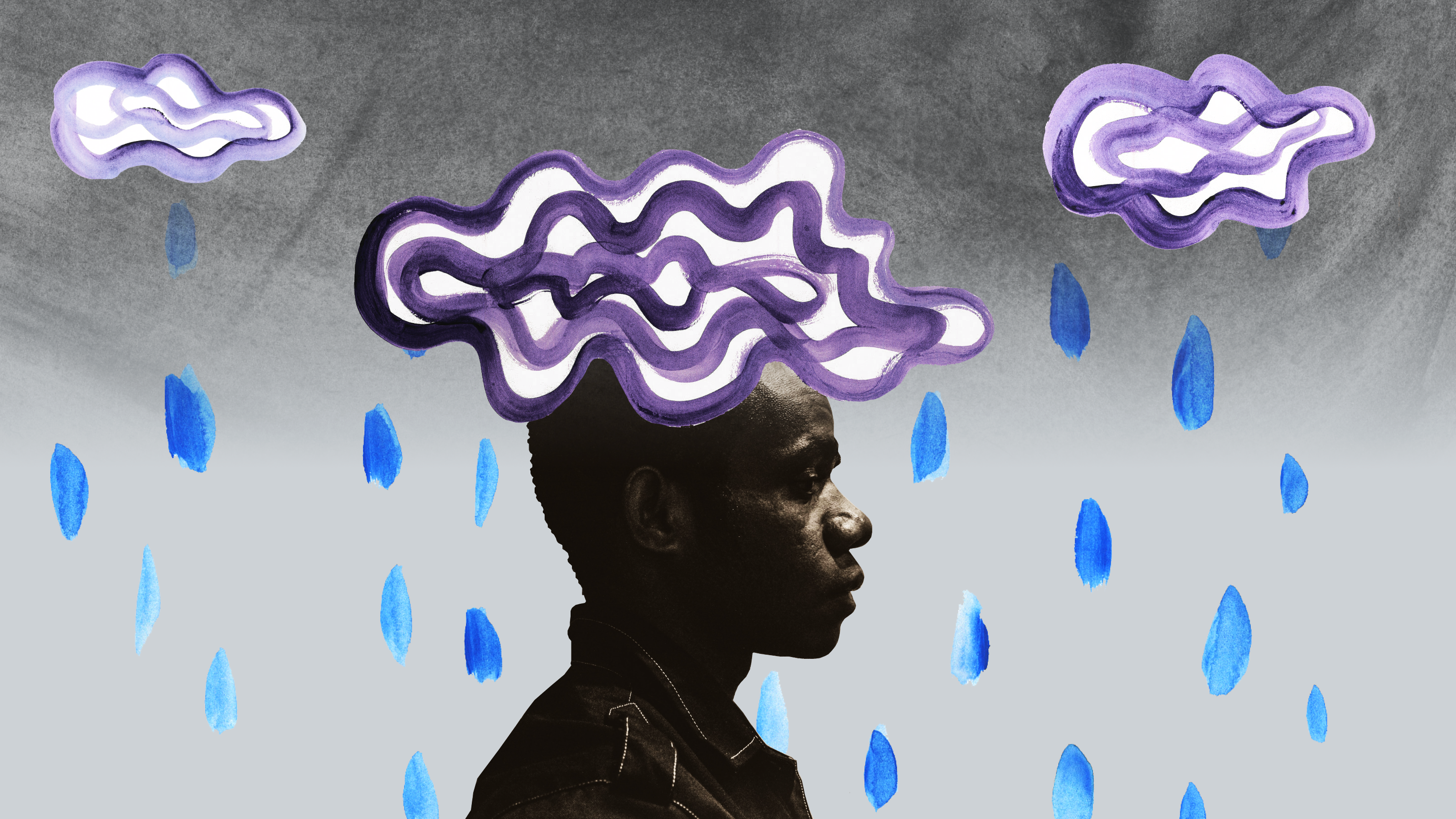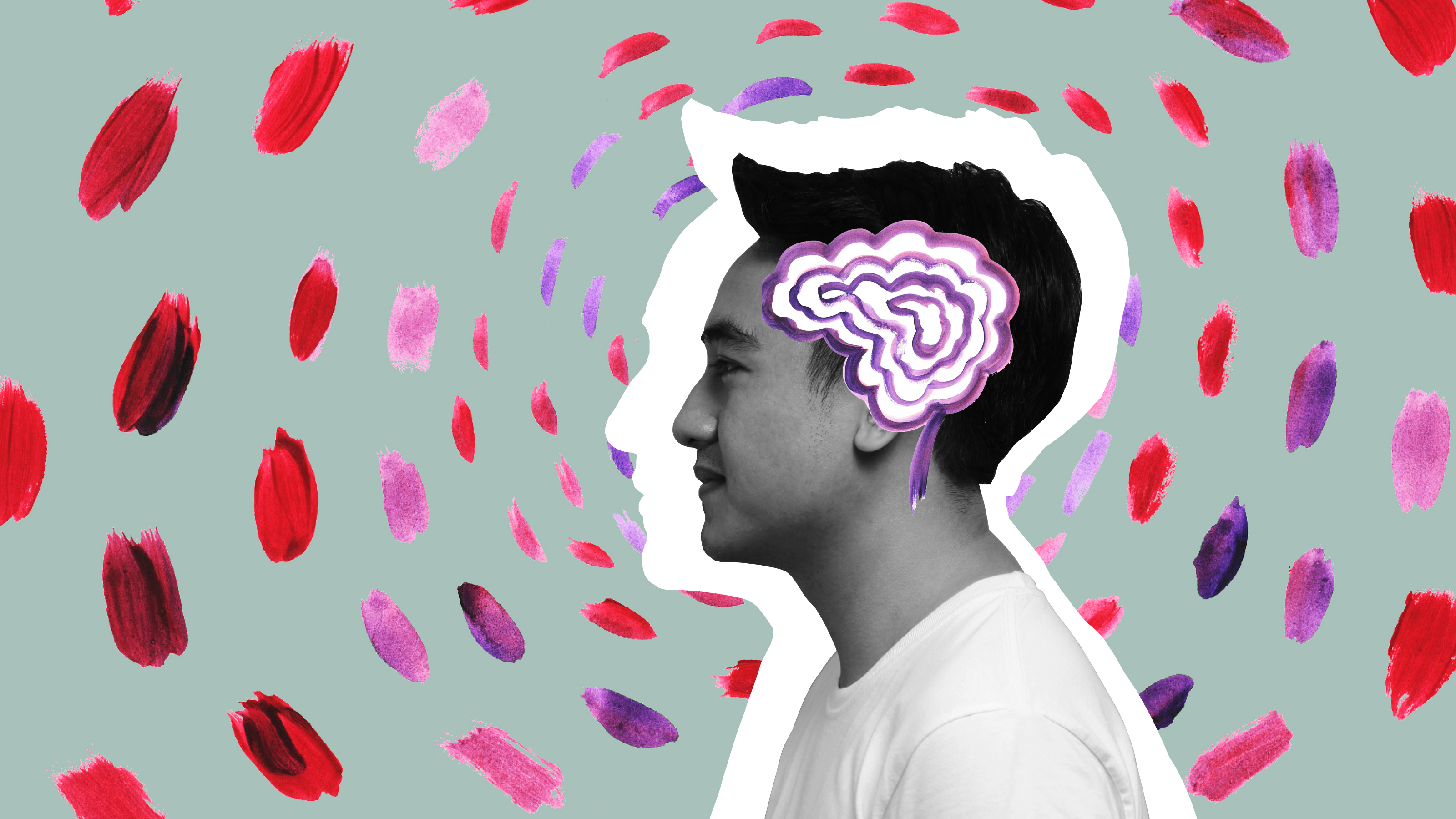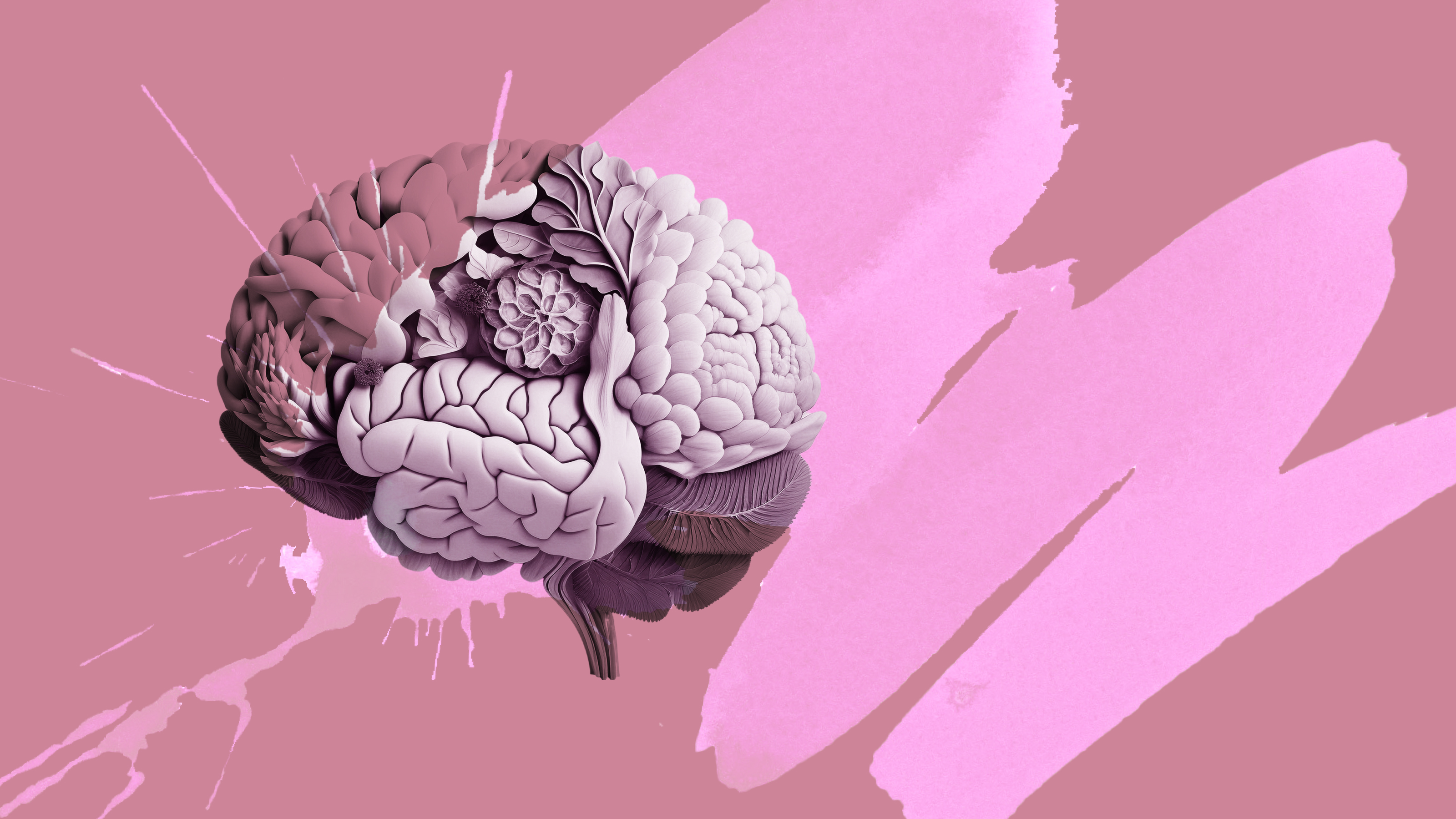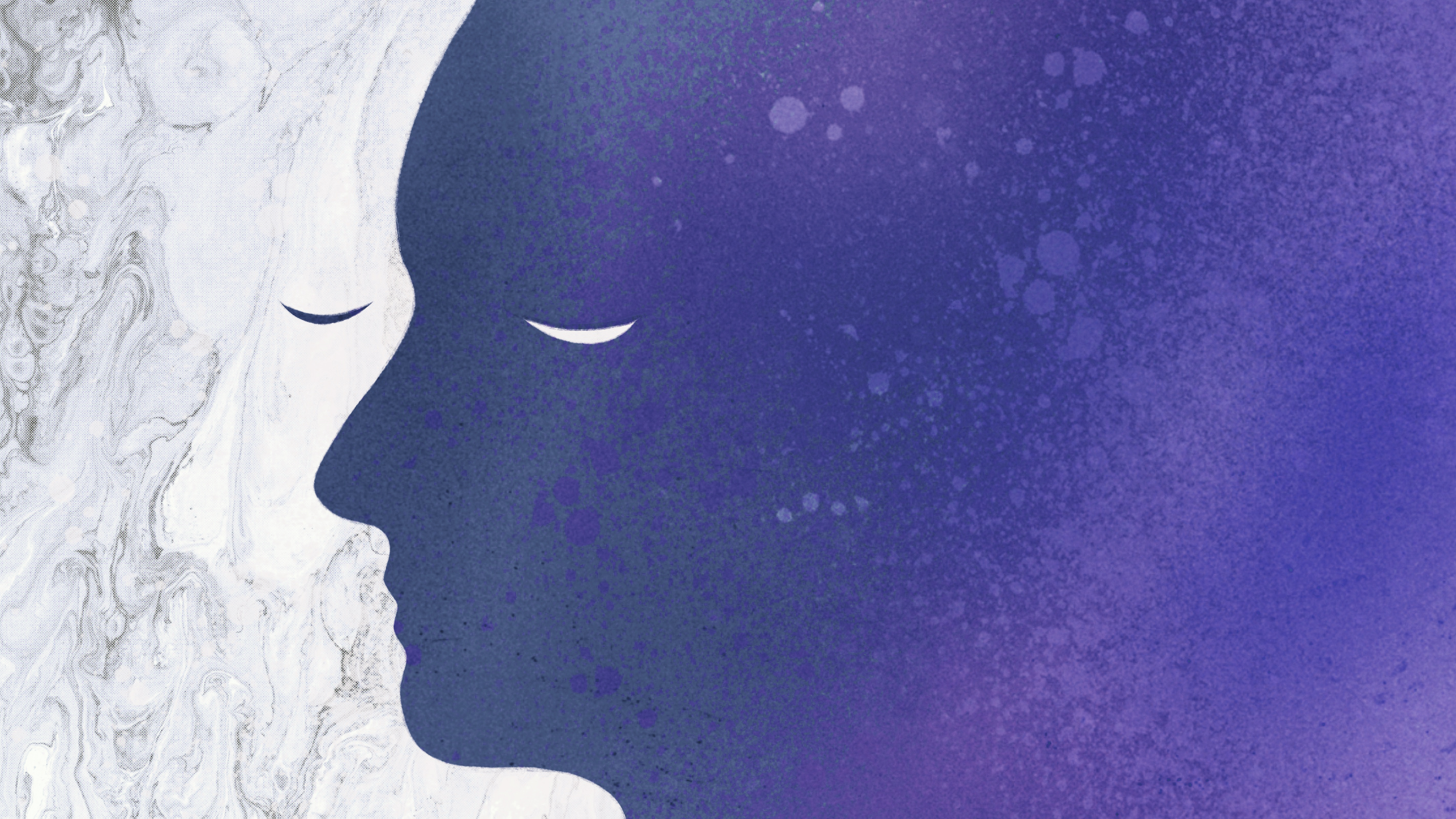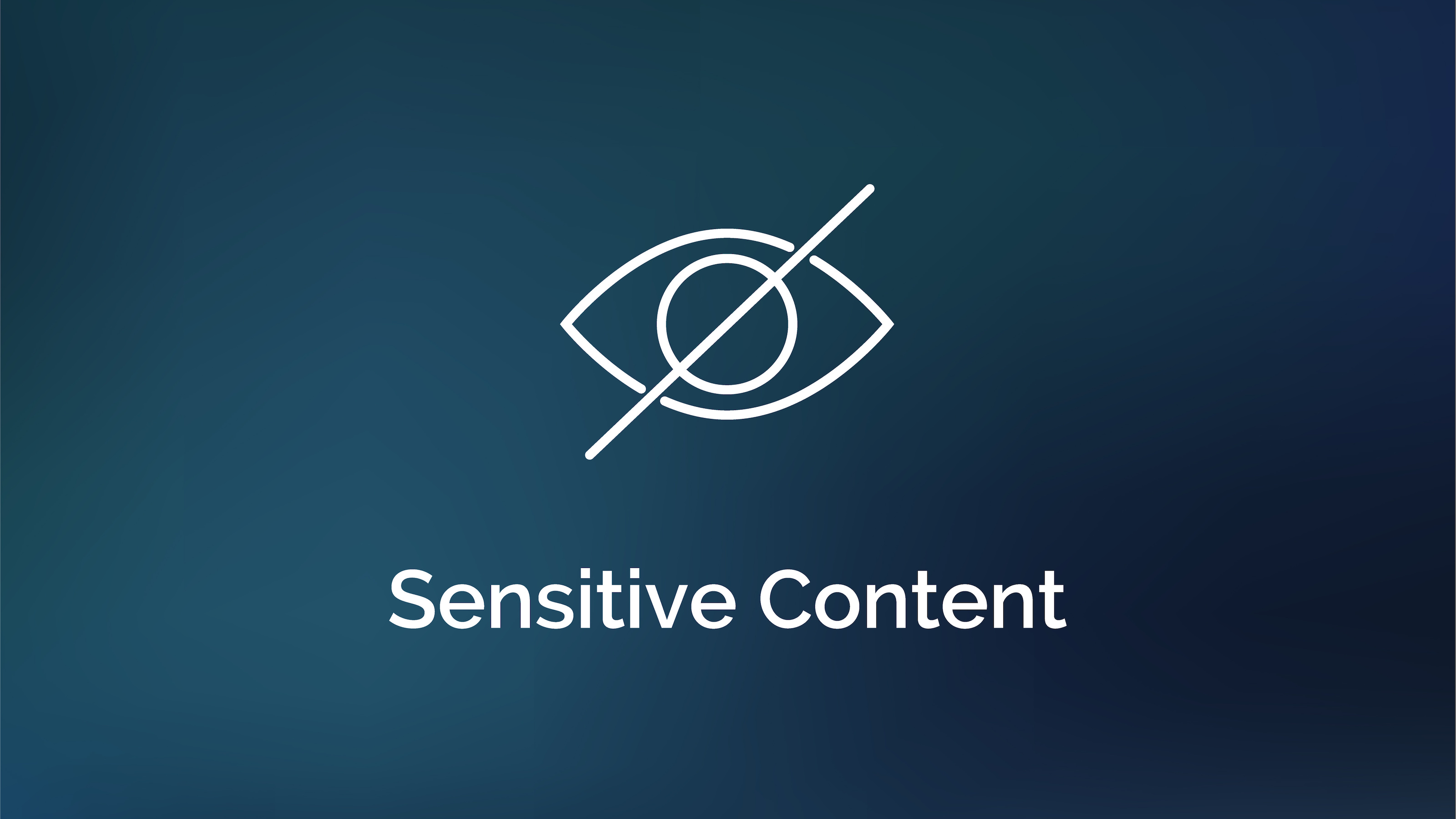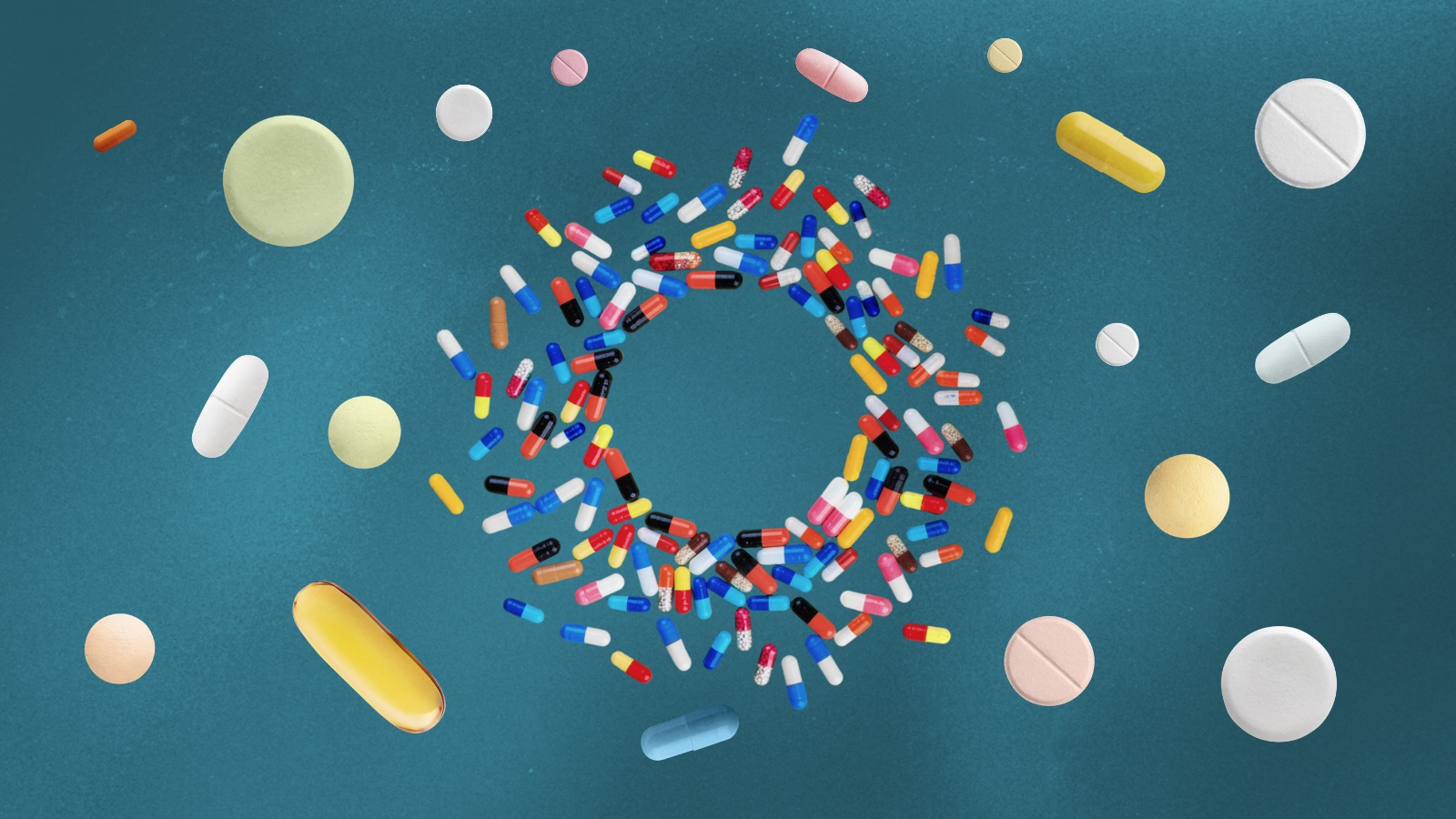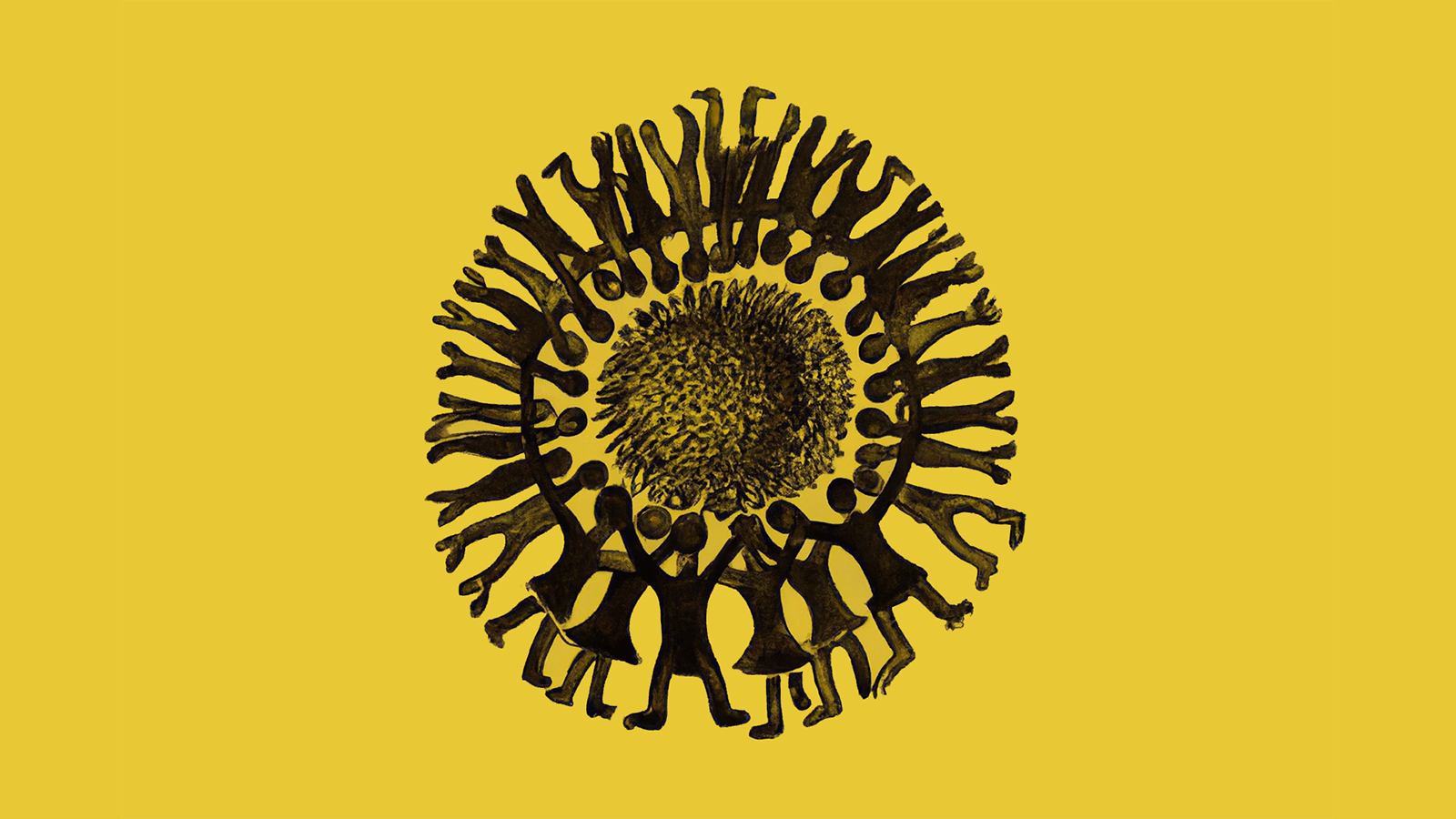mental health
Pick up the paintbrush and get to work.
About 2.5% of women and 2.2% of men in the U.S. meet the criteria for body dysmorphic disorder.
When it comes to handling our emotions, we can’t afford to be none the WISER.
There’s such thing as a healthy sense of pride in oneself and one’s accomplishments.
Depression might be similar to dreaming.
“The Tao of the wise is to work without effort.”
Within the “Dark Triad” of personality traits, narcissism exists on a confidence spectrum.
This is your brain on work.
Extreme home environments — either very supportive or harshly negligent — tend to produce more sensitive kids.
Lonely humans will become infatuated with AI-fabricated personas.
Research shows that spending more time on social media is associated with body image issues in boys and young men.
Studies show talk therapy works, but experts disagree about how it does so. Finding the answer could help professionals and patients.
There’s a link between dark personality traits and breaches of battlefield ethics.
Success is about give and take — with a little more give.
The golden rule of self-compassion: Treat yourself with the same kindness you treat others.
To do more, it sometimes pays to do nothing at all.
Without the time to mentally disengage from work, people can slip into burnout.
Kids are fragile. They should trust their feelings. The world is a battle between good and evil. We should stop repeating these untruths.
For Buddhists, the “Four Noble Truths” offer a path to lasting happiness.
Forgetfulness isn’t always a “glitch” in our memories; it can be a tool to help us make sense of the present and plan for the future.
Researchers watched for signs of withdrawal — but didn’t find any.
Warm relationships protect your mind and body from the slings and arrows of life.
It is estimated that as many as 488 million people worldwide were exposed to dangerously long working hours in 2016.
Has the “age of psychopharmacology” shrunk society’s sense of responsibility for mental health?
People engage in creative thinking every day, whether they realize it or not.
Harvard psychiatrist Robert Waldinger discusses how 80 years of ongoing research show relationships to be vital for health and happiness.
You don’t have to “feel the burn” to see improvements to your health and well-being.
When you can’t enter flow, you can still lean on your internal rhythm.
When boredom creeps in, many of us turn to social media. But that may be preventing us from reaching a transformative level of boredom.
The majority of children who stutter will spontaneously recover from it without intervention, but some 20% of people do not.


